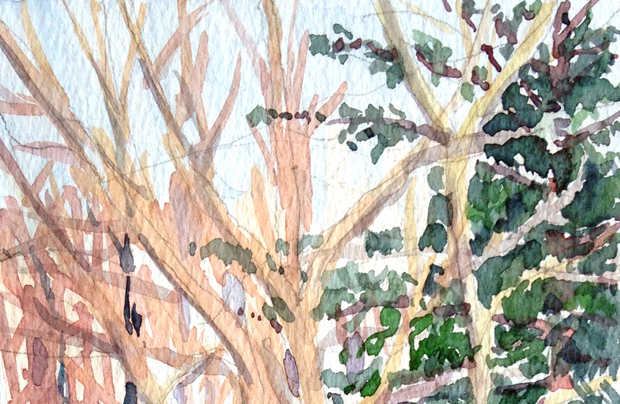Despite its obvious downsides, 2016 had some good moments, too. I made a list of them on New Year’s Day and was surprised to note so many highlights. The exercise filled me with gratitude and appreciation for great friendships, abundant love, a healthy family, robust community, interesting work, modest successes, and many material comforts. It was a good frame of mind to receive the words that will guide me in 2017.
This year, a friend helped me to consult Tarot cards. I am new to this method; it offers a view that is simultaneously retrospective, introspective and speculative. It’s like hiking up a long hill with a sweeping vista on the other side. Each card is a picture story, and together they form a linked story that twists and turns, confirming what is known and revealing what is hidden. It’s like hiking up a long hill with a sweeping vista on the other side.
I enjoy the mix of intuition and rationality involved in reading the cards and interpreting them. As part of a skeptical culture that dismisses the language of symbols, a suspension of disbelief is necessary. And the payoff for such trust is insight, surprise, and a fair bit of having one’s complacency shaken up. Continue reading









